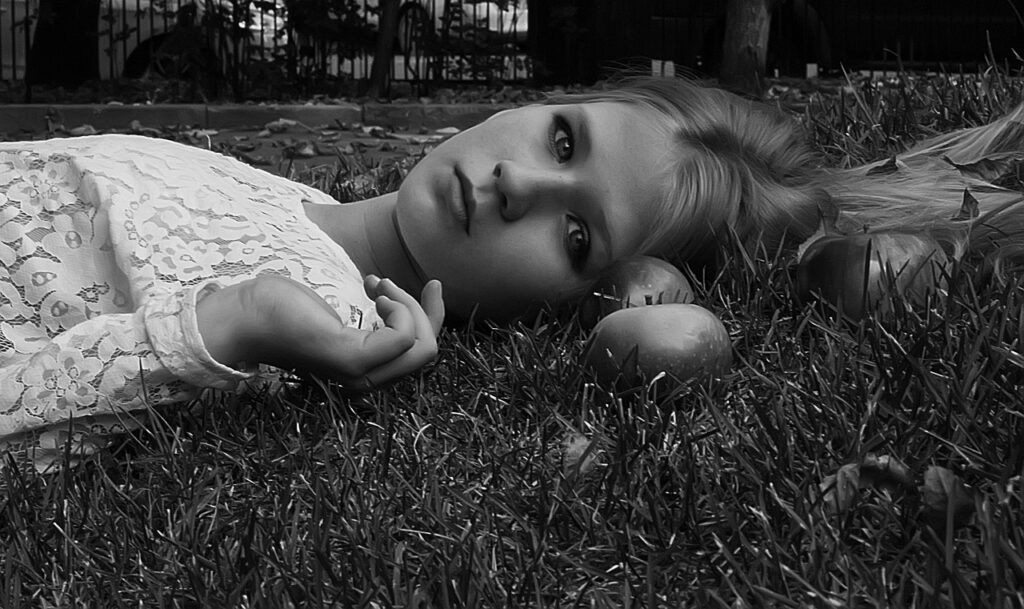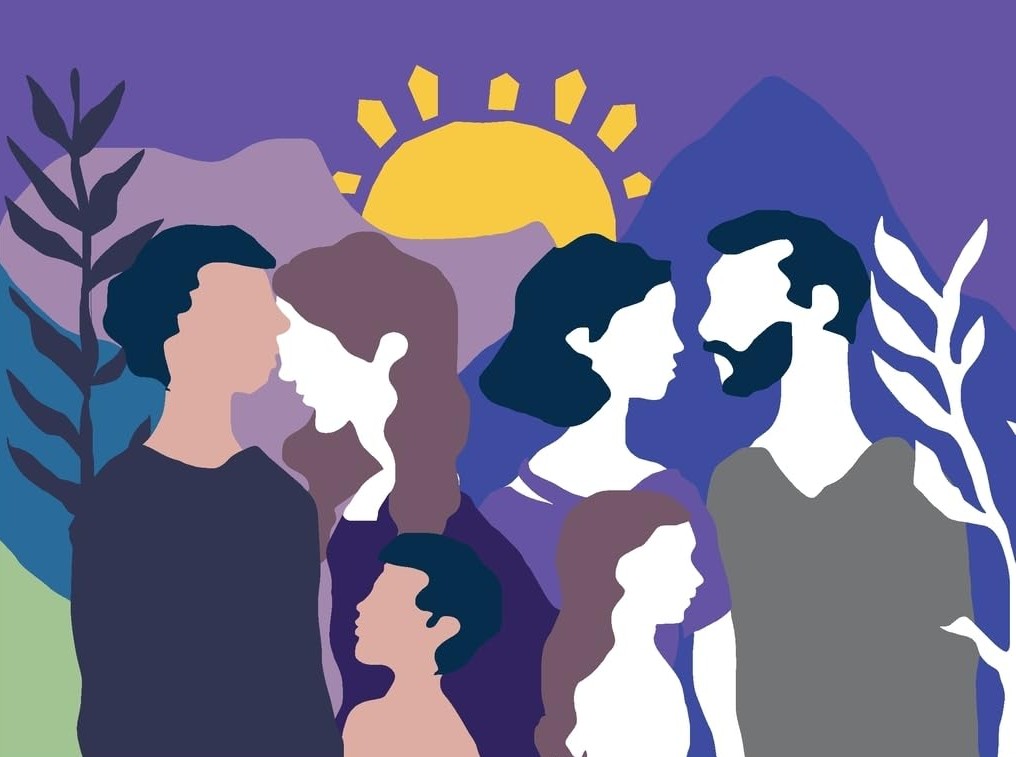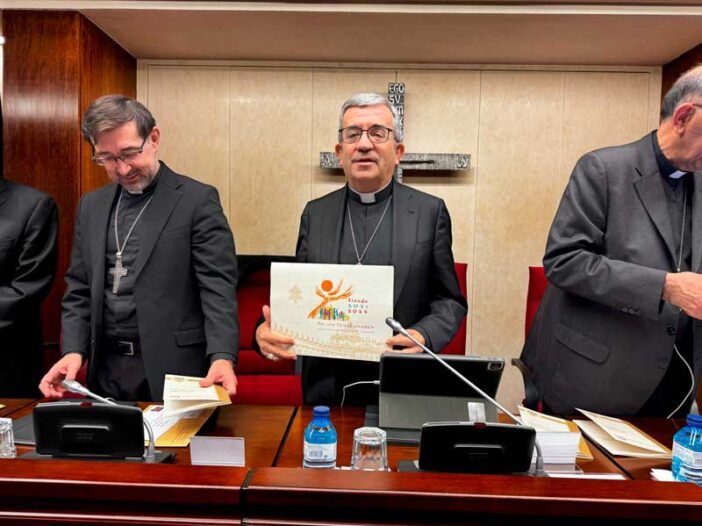Reflection by Bishop Enrique Díaz: “Girl, get up”
13th Ordinary Sunday

Mons. Enrique Díaz Díaz shares with Exaudi readers his reflection on the Gospel of this Sunday, June 30, 2024, titled: “Girl, get up.”
***
Wisdom 1, 13-15; 2, 23-24: “Death entered the world through envy of the devil”
Psalm 29: “I will praise you, Lord, forever”
II Corinthians 8, 7.9. 13-15: “May your abundance remedy the need of your poor brothers”
Saint Mark 5, 21-43: “Listen to me, girl, get up!”
The latest censuses reveal serious figures about our families: they are fragmented and the woman is often alone to support and educate her children. Women face not only the difficulties of working in the fields, and raising children, but also the discrimination, contempt, and obstacles that our society places on women. Do men and women have the same rights and opportunities?
There are miracles and actions of Jesus that seem great to our mentality, but that do not reflect all the difficulties and special situations in which they were carried out. Today we are presented with two “miracles” that contain very profound content both for that time and for our days. In principle, the beneficiaries of these miracles, in both cases, are women. But they are two women who have had the misfortune of being condemned by Jewish legislation and customs. Sterility, illness and death without children are seen as divine punishment and condemnation for sins. A woman who suffers from an issue of blood for twelve years and a girl who dies at the age of twelve, without reaching the fullness of life and without leaving offspring, are seen as impure and worthy of punishment. For Jesus this is not the case, for Him there is no such social marginalization that these communities imposed on women and which is increased by illness and death.
The word and example of Jesus reach us along with the news that shows the serious situation of prostitution and human trafficking in many of our cities. With scandal, it is made known that girls, boys and adolescents are subjected to rape and become merchandise for unscrupulous people who only seek their own gain. There are countless women who are raped and violated in their own homes; and even in “supposedly regular” homes, women are often denied the right to speak and to self-realization. National education statistics have once shown the serious deterioration of our educational system and with aggravation in the poorest areas, and in last place women appear. She is discriminated against, accused, humiliated and little recognized in a society that is demanding rights and that says that she fights for life. What do we have to do as Christians? What does Jesus demand of us in the Gospel?
Firstly, Jesus appears as the great liberator, outside and against the laws of purity. He does not enclose himself in an easy messianic, but rather challenges the inconsistencies of a law that enslaves. He does not hide in prescriptions of purity, but he allows himself to be touched and touches both the one she is considered impure and the one who is already dead. In both cases he transgresses, liberates and overcomes a legalistic religion that is incapable of healing and giving life. But that’s Jesus, he is always close, he never condemns and always rescues the dignity and life of the person. He seeks to do good and values each person, even if it brings him problems. But he also does it in a very discreet way, as if he were not properly involved, but instead leaves the role first to the sick woman and then to the girl’s father. What’s more, he highlights the faith of each of them and the “miracle” happens because “they have had faith.” It is not the paternalistic attitude of the one who solves everything; but it is the attitude of the friend who is close to receive the hand that is extended, asking for help.
In both miracles, Jesus not only heals, but “saves”, going far beyond the physical result. People’s health is very important, but the fullness of life and salvation is much more important. We must strive to heal and heal the wounds that this crazy world leaves in people, but much more in seeking just structures that make each person live as a child of God and especially on this day, our concern and our attention will focus on the difficult situation that many women go through in a society that denies them a dignified place. Jesus’ attitude towards each of them is a claim for us as a Church and as a society. The situation they find themselves in is not fair, neither in the family, nor at work, nor in education, nor in respect for their dignity as persons. To the suggestion not to bother Christ anymore in the face of the girl’s death, Christ responds with an encouraging word: “Do not be afraid. It is enough that you have faith.” For those who say that there is nothing to do and sink into pessimism, these are the same words. For those women who are tired of fighting so much, they come as an incentive that helps them strengthen their hearts.
The words of Jesus that rescued that girl from death continue to resonate for all the women who feel that they have lost their way and that they do not have the courage to get up: “Girl, get up.” It is true that the road is hard, it is true that society gives nothing, it is true that it would seem easier to fall into the tinsel of an easy life that is in keeping with a consumerist society. But the word of Jesus has the virtue of lifting us up, of giving us hope and once again seeking a more dignified life full of salvation. We have the great task as disciples of Jesus to imitate our teacher. We must build new situations of respect and dignity for each one of his sons and daughters. He also asks us to rise up, to have faith, to not allow ourselves to be dominated by fear and the ties of a tradition. As a Church, we need to give much recognition and appreciation to the apostolic, catechetical and life work that women carry out within our ecclesial environment.
Father of goodness, who through your grace has made us children of light, grant us to live outside the darkness of error and always remain in the splendor of truth. Amen.
Related

“The priest finds his reason for being in the Eucharist”
Fundación CARF
01 April, 2025
5 min

Family Valued: An international appeal for the family
Exaudi Staff
01 April, 2025
2 min

Bishop Luis Argüello Addresses the Challenges of the Church in Spain
Exaudi Staff
01 April, 2025
2 min

THE WAY OF THE CROSS: Accompanying Jesus on the way to the Cross
Luis Herrera Campo
31 March, 2025
5 min
 (EN)
(EN)
 (ES)
(ES)
 (IT)
(IT)

